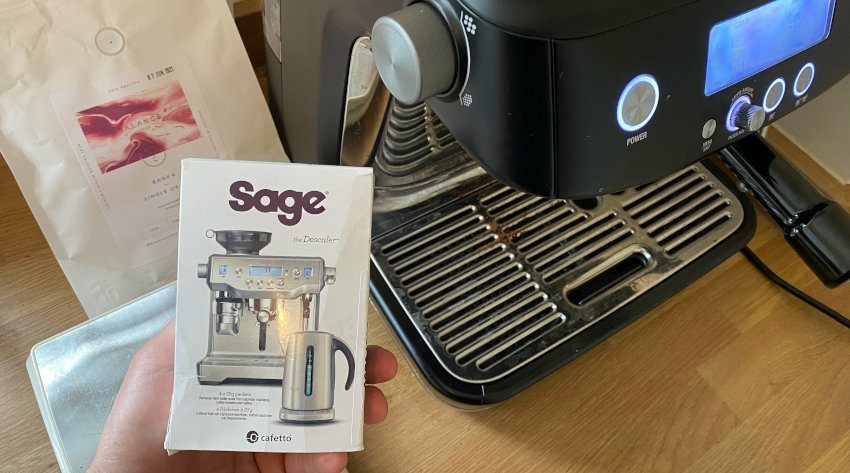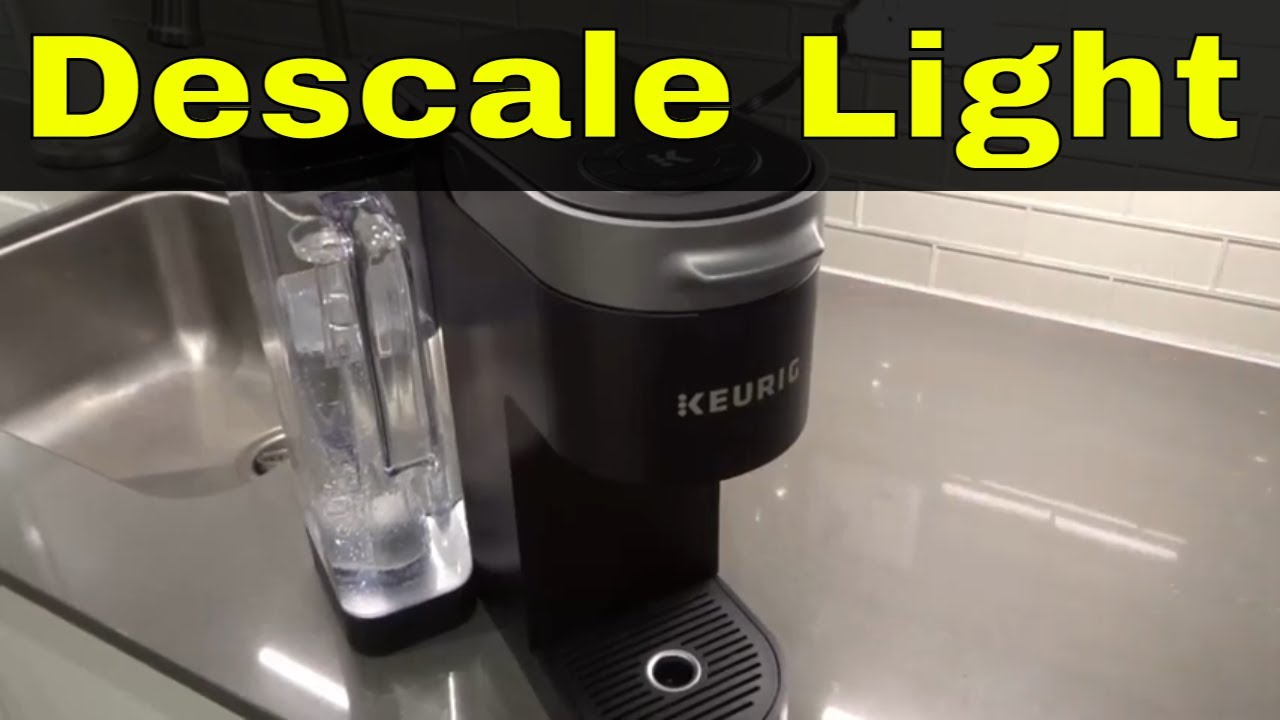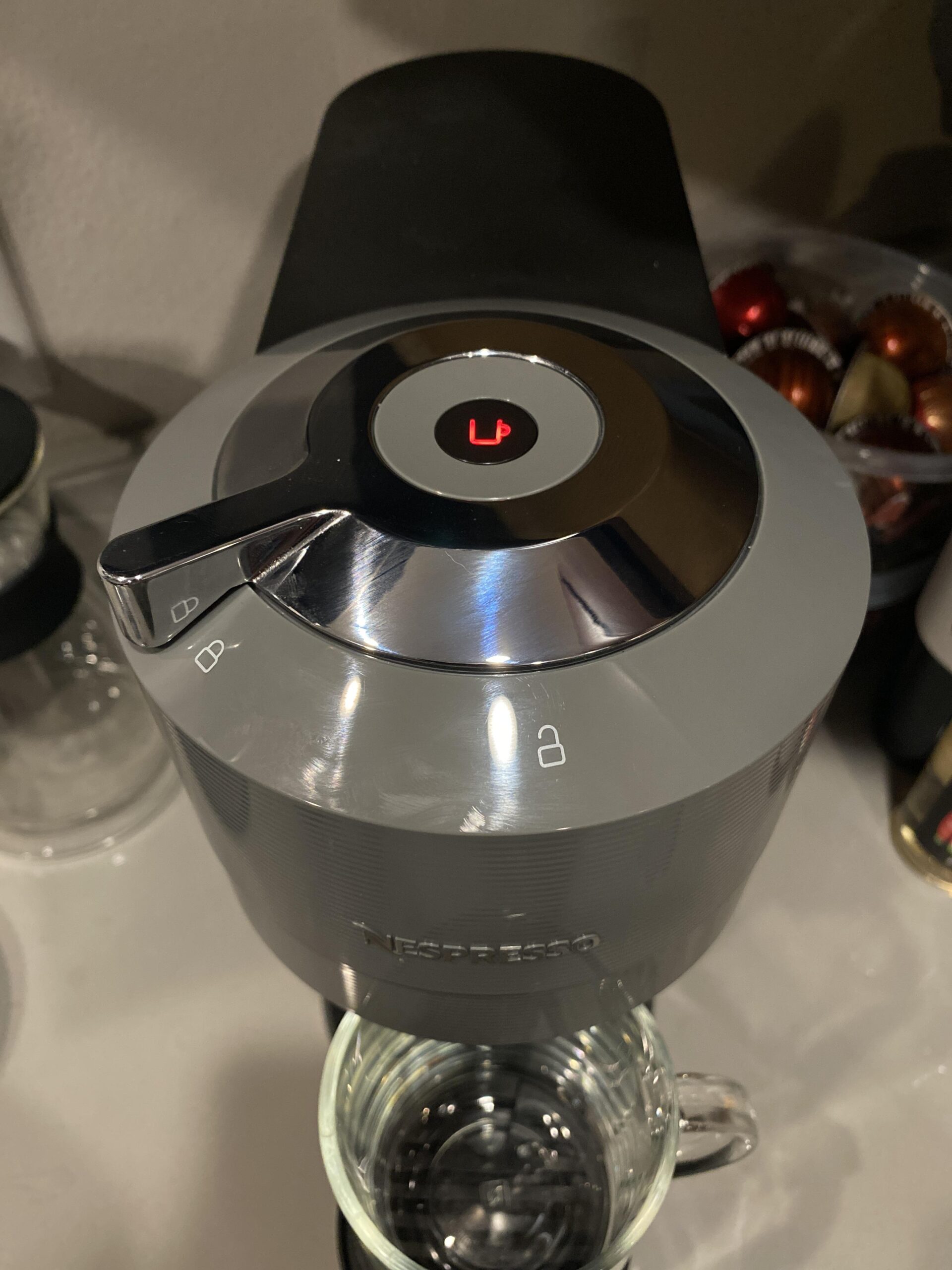What is descale: Learn how to remove limescale buildup
Purchasing products via the links in our article may result in us earning a commission, but rest assured, this does not influence our editorial independence.
What is Descale? Understanding the Importance and Process of Descaling Appliances
Are you familiar with the term “descaling”? If you own or operate appliances such as coffee makers, kettles, or dishwashers, descaling is an essential maintenance task that ensures your appliances continue to function efficiently. In this comprehensive guide, we will explore what descaling is, why it’s important, and how to effectively descale your appliances. By the end of this article, you will have a clear understanding of the descaling process and be equipped with the knowledge to implement it in your own life or business.
What is Descaling?
Descaling is the process of removing mineral deposits, primarily limescale, from the internal components of appliances that come into contact with water. Limescale is a chalky, off-white crust that forms when hard water evaporates, leaving behind calcium and magnesium deposits. Common appliances that require descaling include coffee makers, kettles, and dishwashers. When limescale builds up in these appliances, it can negatively impact their performance and longevity.
Effects of Limescale Buildup
Limescale buildup can lead to a range of issues within appliances. In coffee makers, it can clog the water lines and reduce the brewing temperature, resulting in weak and bitter-tasting coffee. In kettles, limescale can reduce the heating efficiency and cause discoloration of the water. In dishwashers, it can leave spots and streaks on dishes and glassware. Understanding the effects of limescale buildup highlights the importance of descaling to maintain the optimal performance of your appliances.
Why is Descaling Important?
Impact on Appliance Performance
Descaling is crucial for maintaining the performance and efficiency of your appliances. By removing limescale buildup, you can ensure that your appliances continue to function as intended, providing you with the best results. For example, descaling a coffee maker can improve the taste and quality of your coffee, while descaling a dishwasher can prevent streaks and spots on your dishes.
Health and Safety Considerations
In addition to performance issues, limescale buildup can also pose health and safety concerns. For instance, limescale in kettles can affect the taste and appearance of boiled water, and in extreme cases, it can even lead to bacterial contamination. Descaling your appliances helps to maintain a clean and safe environment for food and beverage preparation.
Cost Savings
Regular descaling can also lead to cost savings in the long run. By preventing limescale buildup, you can extend the lifespan of your appliances and reduce the need for repairs or replacements. Additionally, descaling can improve energy efficiency, saving you money on utility bills.
How to Descale Appliances
Now that we understand the importance of descaling, let’s explore how to effectively descale different appliances.
Coffee Makers
- Fill the water reservoir with equal parts water and white vinegar.
- Run a brewing cycle without coffee grounds.
- Repeat the brewing cycle with clean water to rinse the machine.
Kettles
- Fill the kettle with equal parts water and white vinegar.
- Boil the solution and let it sit for an hour.
- Discard the solution, boil clean water, and rinse the kettle thoroughly.
Dishwashers
- Place a cup of white vinegar in the top rack of the dishwasher.
- Run a hot water cycle with the vinegar to remove limescale and odors.
Recommended Descaling Products and Methods
In addition to using white vinegar, there are commercial descaling products available that are specifically designed for different appliances. These products often come in the form of descaling solutions or tablets, providing a convenient and effective way to descale your appliances.
Tips for Maintaining Descaling Appliances
To maintain descaled appliances, consider using filtered water to reduce mineral deposits, and regularly clean and descale as needed. By incorporating these maintenance practices, you can ensure that your appliances continue to function optimally.
Conclusion
In conclusion, descaling is a crucial maintenance task for appliances that come into contact with water. By understanding the process of descaling and its importance, you can ensure that your appliances continue to run smoothly and efficiently. Whether you’re a homeowner, office manager, or restaurant owner, implementing regular descaling practices can lead to improved appliance performance, health and safety benefits, and cost savings. By following the recommended descaling methods and maintaining your appliances, you can enjoy the long-term benefits of descaling.
In summary, descaling is an essential aspect of appliance maintenance that should not be overlooked. By incorporating the information provided in this guide, you can effectively descale your appliances and ensure their optimal performance for years to come.
Sarah Johnson
Sarah Johnson is a home appliance expert with over 10 years of experience in the field. She has a deep understanding of descaling solutions and the importance of maintaining home appliances. She has a passion for helping others keep their appliances in top condition through her writing




